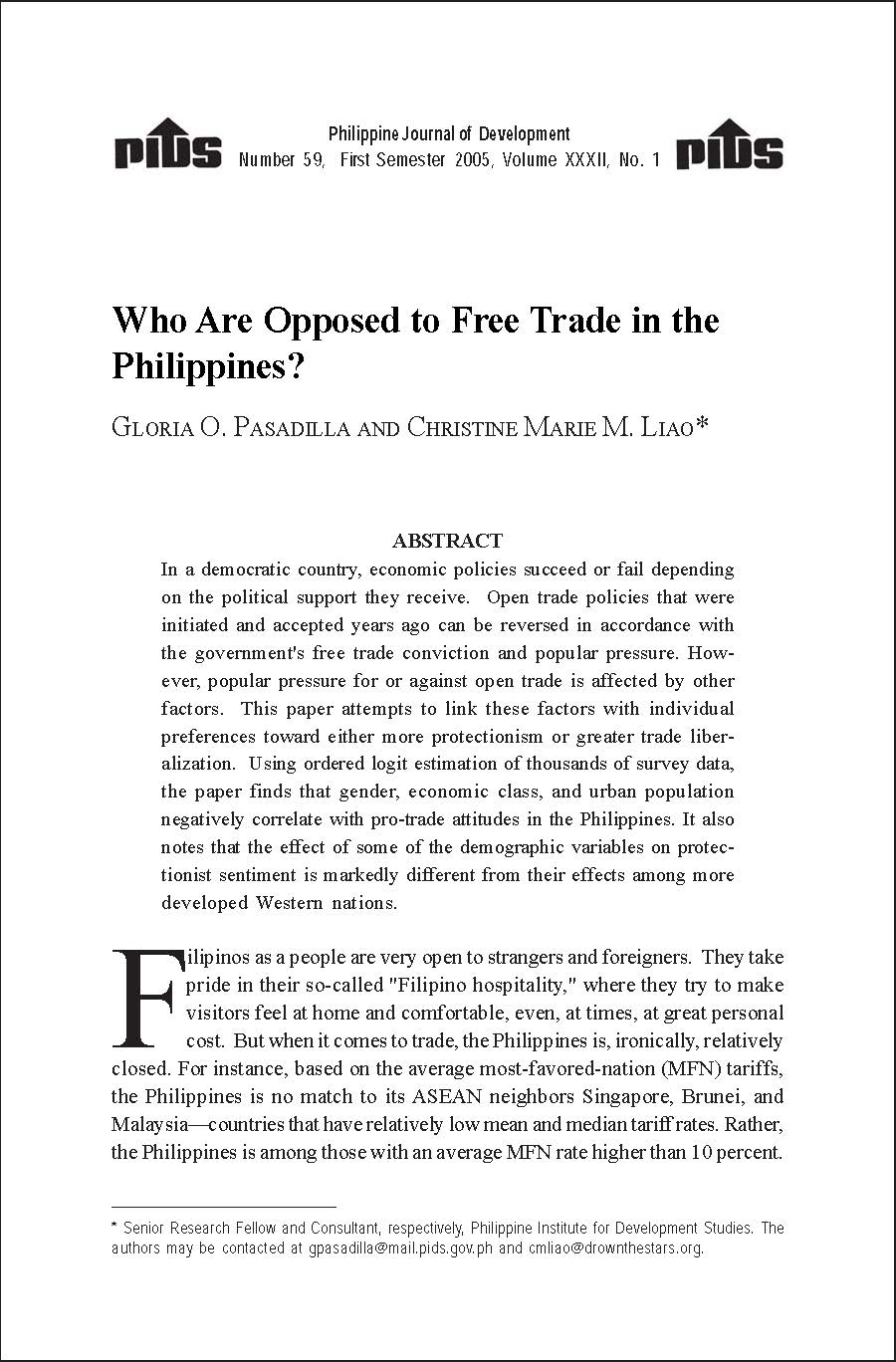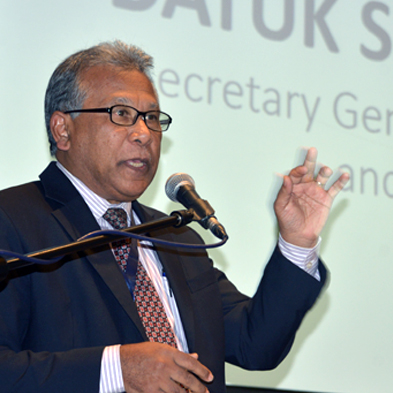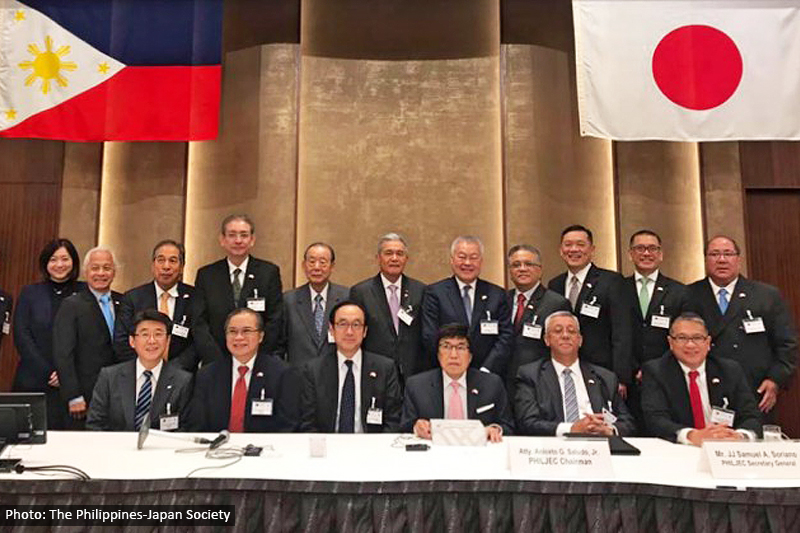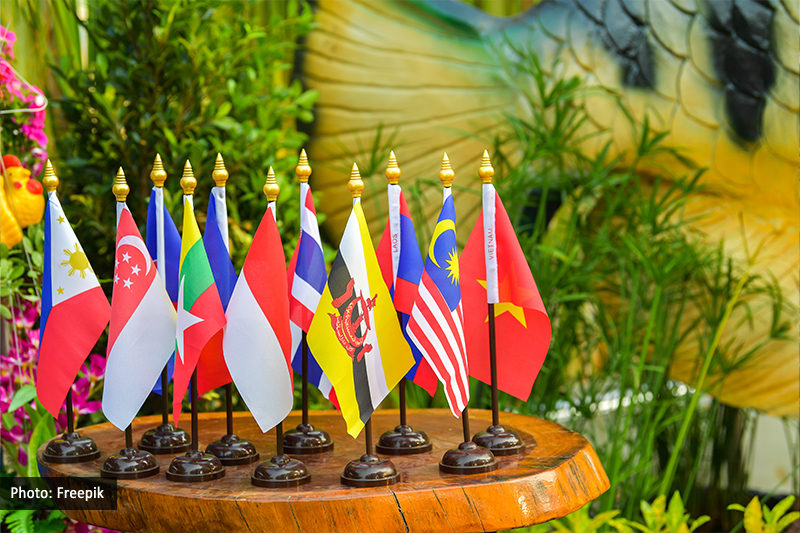In a democratic country, economic policies succeed or fail depending on the political support they receive. Open trade policies that were initiated and accepted years ago can be reversed in accordance with the government's free trade conviction and popular pressure. However, popular pressure for or against open trade is affected by other factors. This paper attempts to link these factors with individual preferences toward either more protectionism or greater trade liberalization. Using ordered logit estimation of thousands of survey data, the paper finds that gender, economic class, and urban population negatively correlate with pro-trade attitudes in the Philippines. It also notes that the effect of some of the demographic variables on protectionist sentiment is markedly different from their effects among more developed Western nations.
Citations
This publication has been cited 5 times
- Stark, Oded and Grzegorz Kosiorowski. 2020. An adverse social welfare effect of Quadruply Gainful Trade. East Asian Economic Review, 24, No. 3, 207-235 . Korea Institute for International Economic Policy.
- Stark, Oded and Grzegorz Kosiorowski. 2020. An adverse social welfare effect of Quadruply Gainful Trade. University of Tübingen Working Papers in Business and Economics 138. University of Tuebingen, Faculty of Economics and Social Sciences, School of Business and Economics.
- Stark, Oded and Grzegorz Kosiorowski. 2020. An adverse social welfare effect of Guadruply Gainful Trade. Discussion Papers 307357. University of Bonn, Center for Development Research (ZEF).
- Stark, Oded andGrzegorz Kosiorowski. 2020. An adverse social welfare effect of Quadruply Gainful Trade. IZA Discussion Papers 13761. Institute of Labor Economics (IZA).
- Wignaraja, Ganeshan, Dorothea Lazaro, and Genevieve De Guzman. 2010. FTAs and Philippine business: Evidence from transport, food, and electronics firms. Trade Working Papers 22880. East Asian Bureau of Economic Research.













